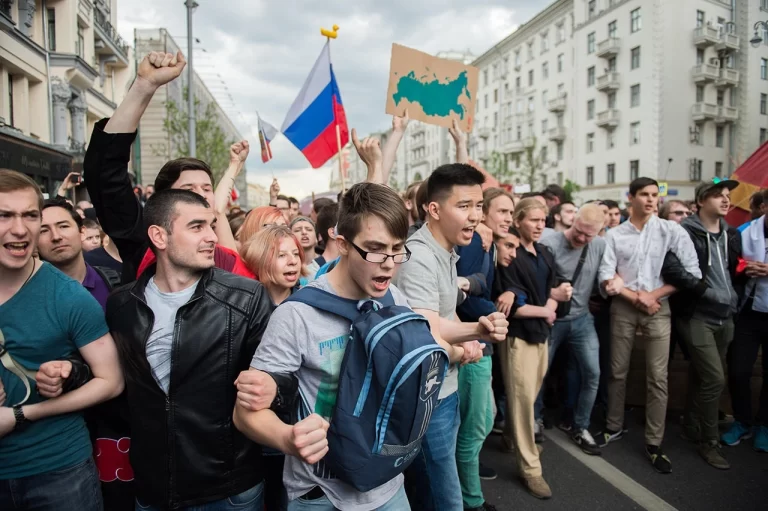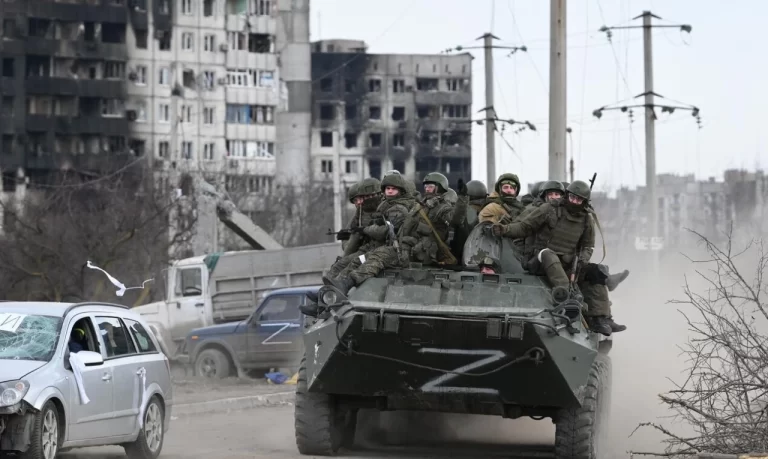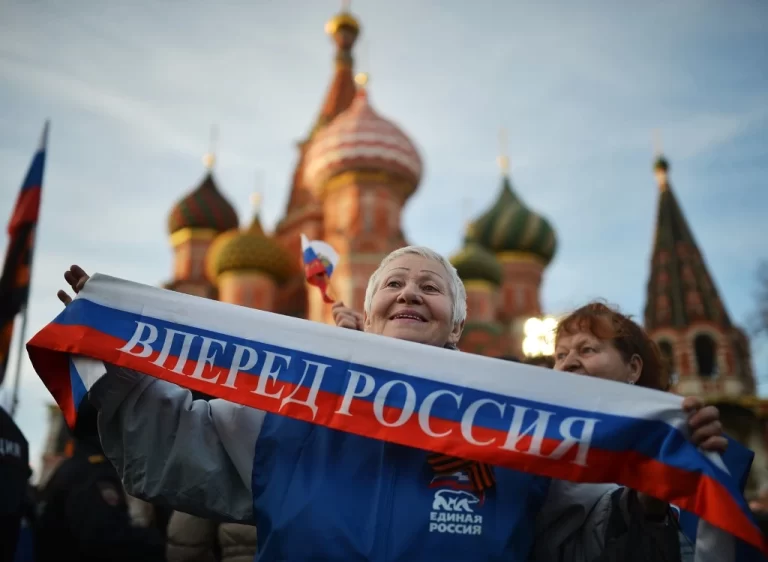The military crisis between Russia and Ukraine has caused outrage among the international community: “Why aren’t Russians protesting en masse?” “Why don’t they overthrow their tyrant, who sends them to death in a senseless war?” “Why do so many Russian citizens support the war?” leaders from high platforms and European citizens exclaim.
Obedience psychology has led some Russians to support Putin's war in Ukraine
The military crisis between Russia and Ukraine has caused outrage among the international community: "Why aren't Russians protesting en masse?" "Why don't they overthrow their tyrant, who sends them to death in a senseless war?" "Why do so many Russian citizens support the war?" leaders from high platforms and European citizens exclaim.
As a Russian woman who grew up in Ukraine and therefore shared the problems of both countries, I will answer these questions. As a political journalist, I will try to do this without unnecessary emotions. First, I would like to clarify that most Russians support not the war but the president of their country. There may be dozens of reasons for this, but the basic one is a well-developed obedience psychology nurtured in Russians by religion, family traditions, and school education. In adult life, the psychology of obedience develops through the worship of officials and is reflected in people’s political behavior.
Religion
Orthodox faith is based on obedience, self-denial, and asceticism to achieve religious enlightenment and enter paradise after death. Therefore, in Russian Orthodox churches, one can only stand, while Catholics provide benches for the convenience of parishioners.
Human life is defined as service, in which rest or self-care is perceived as something shameful, and wealth in the home is condemned. There is a word in Russian, “styazhatelstvo,” which has a pronounced negative connotation. To accumulate means to seek profit, to earn money. That is all the things that entrepreneurs do. Elderly citizens express themselves like this: “You have never worked; you are entrepreneurs!”
In 2020, President Vladimir Putin said in a series of interviews with TASS that he has grounds to perceive businessmen as “swindlers by definition.“
Journalist Andrey Vandenko asked Putin, “It seems that you perceive businessmen as swindlers by definition.” Putin replied, “There are certain reasons for this, you understand?” because it is laid “in the people’s consciousness, we say it like that… You know, I am also part of this people.”
Family
In the past, Russians lived in large patriarchal families. Several generations joined forces to plant, gather, preserve crops, and provide for themselves. A strict hierarchy and an authoritative leader were needed to organize a community of people of different ages and genders – the eldest man in the house, whom everyone had to obey to survive. Nowadays, large families have fallen apart, but patriarchal psychology remains. Children are taught to obey their elders. Parents and all adults are always right, and arguing with them is audacity for which they are punished. Russians grow up aware that all elders must be obeyed by age, rank, or status.
School
In Russian schools, children are taught to sit straight at their desks, be silent, and perform teacher-prepared tasks according to a template. Mistakes are not allowed: teachers lower their grades for errors and corrections in their notebooks. As a result, children’s will and creative thinking fade away. They become powerless executors. Children’s needs are lower than the teacher’s and the school system’s needs. For example, feeling unwell or needing to use the restroom is only sometimes a valid reason to leave the classroom during a lesson.
As a result, children learn to work according to templates, to perform assigned tasks, and to be punished for disobedience. They know that disobedience is terrible. The behavior of obedience is also observed in the teachers themselves. They obey the system, even if they are dissatisfied with it as professionals. For example, literature teachers understand that the school curriculum is outdated, but they do nothing to change it. As a result, they say that they are “sick” of school literature. But teachers explain their inaction by saying that they have been told to do so and that nothing can be changed. In this system, teachers do not ask questions, even when election organizers set tasks to bring voters to polling stations on election day and deliver the required percentage of votes for a particular party or candidate. Russian legislation provides severe punishment for falsifying voting in elections, but teachers rely on the patronage of higher authorities and do not think about personal responsibility. They do it because they were told to do so. Obedience to the boss is more important than fear of the law and conscience.
For every person, family and school are primary social institutions where personality development occurs. The damage caused by their failure is almost irreversible.
Unquestioning obedience permeates all spheres of adult life. If we talk about the political sphere, compliance is developed in all Russian political parties. It is based on the principles of the cult of personality, strict hierarchy, and party discipline. All decisions are made at the federal party level, and regions execute them. One leader leads the party and usually holds their position until death.
The higher the status of an official or politician, the stronger the obedience. That’s why when the President of Russia started the war in Ukraine, citizens were horrified but thought that if Putin decided that way, then it must be necessary, and “we don’t know and don’t understand much.”
This essay is based on personal and professional experience gained in Russia, in-depth interviews, and research results from primary sociological services in the Russian Federation.






